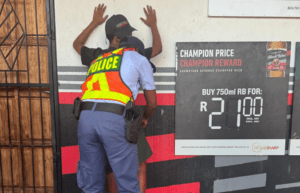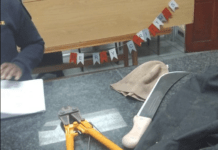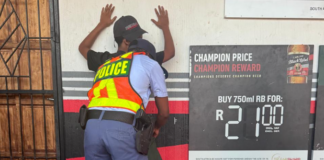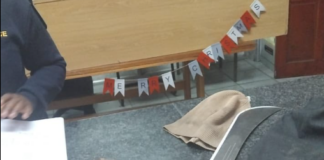In an effort to tackle rampant fraud in social grants, especially the Social Relief of Distress Grant (SRD), the South African Social Security Agency (SASSA) in the Eastern Cape is implementing a new biometric identification verification system for grant beneficiaries in Gqeberha.
The SRD grant, which began in 2020 during the COVID-19 pandemic, has been plagued by countless fraudulent activities, including employed people benefiting from the grant and legitimate beneficiaries saying they have not gotten their money, despite the fact that the money has been released by the agency.
Speaking to the press, SASSA district manager Vuyo Toto said the new approach is certain to decrease fraudulent activities around the grant while also improving the agency system.
“We’re very sure, we’re very convinced that we are going to cut fraud into the system you see almost to zero,” he said.
However, critics argue that the agency’s approach will do nothing to help beneficiaries who are entirely dependent on the grant, as they are still going to have to pay for their own transportation to Sassa offices.
According to Elizabeth Raiters, Deputy Chair of #Paythegrants – a campaign that advocates for grant beneficiaries – systemic issues such as language barriers and a lack of access to smartphones and the internet continue to exist, making it difficult for qualifying beneficiaries to apply for and receive grants freely and without hurdles.
Raiters further stated that the agency should not make things difficult for beneficiaries; rather, it should investigate where the fraud is happening.
“We all do know when you open a bank account, the bank already does biometrics on you, so our question is, why do the beneficiaries have to do double verification?
“The majority of this fraud is actually lying at the retailers; that is where the fraud is happening, and that is actually where Sassa should be concentrating at the retailers,” said Raiters.








